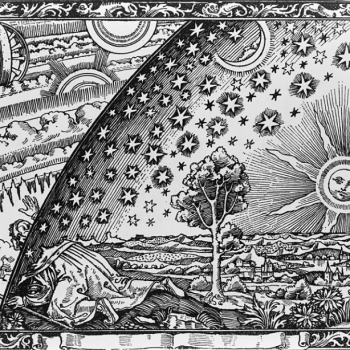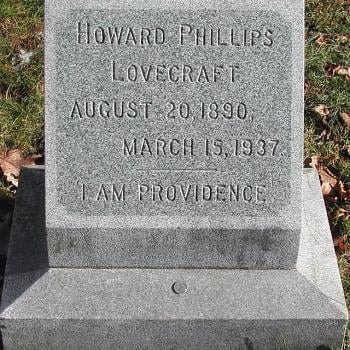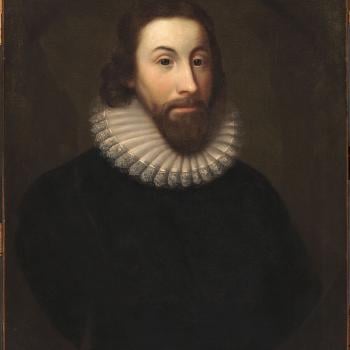 Lectionary Reflections: Year A
Lectionary Reflections: Year A
4th Sunday after Epiphany: January 30, 2011
Micah 6:1-8
There is hardly a more famous prophetic quotation from the Hebrew Bible than this one. Verse 8's ringing words have been spoken and sung in countless synagogues and churches since their utterance over 2,700 years ago. What more could possibly be said about such familiar language, language that has become a part of the vocabulary of the western world? But those of us who spend any time with the Bible have learned never to imagine that the last word about any of it has been spoken. So we look again and try to see what we have not yet seen.
Micah has been described as a country boy, furious with all things urban. His language is especially sharp and pointed, particularly when it comes to the evil of Israel's cities. Samaria, capital of the northern kingdom of Israel, will be made "a heap in the open country" (1:6), because it is filled with "images and idols" (1:7). But idolatry is not all. These "pampered children" (1:16) have "devised wickedness and evil deeds on their beds" (2:1), evil that includes the coveting and the taking of the fields of others as well as the "oppression of householder and house" (2:2). And to top it all off, these evildoers have preached, "do not preach—one should not preach these things; disgrace will not overtake us" (2:6)! On and on Micah rails at the patent injustices of the smug leaders of the cities of Israel.
Finally, his imagination bursts its bonds as he envisions a gigantic courtroom where the evil monsters of Israel find themselves arraigned for their crimes. The word translated "plead your case" (6:1) is Hebrew rib, a word always used in the context of the court. Let us picture the scene. The bailiffs escort, perhaps rather roughly, the defendant, Israel, into the room. Its hands are bound, its feet shackled, as it shuffles up to the box. On Israel's left is the jury, and a most peculiar one it is! Sitting in the jury box are the vast mountains of the earth, the hills that have stood the test of vast time. They sit in their earthy splendor, covered in trees and soil, cocking their dusty ears toward the prosecuting attorney who is none other than the great YHWH, creator of all in the room. Silence.
Then the mighty YHWH turns to the jury and proclaims, "I, YHWH, have a case against my people; the God of Israel will go to court with them" (6:2). YHWH speaks first with a powerful anguish. "O my people, what have I done to you? How have I wearied you? Answer me" (6:3). In a divine self-accusation YHWH first wonders just what YHWH has done to bring about the evils of Israel. However, we and Israel quickly learn that it is by no fault of YHWH's that Israel has gone bad.
"For I brought you up from the land of Egypt, and redeemed you from the house of slavery" (6:4a). A historical survey of God's actions for the people begins with reference to the first commandment (see Ex. 20:2 and Dt. 5:6); God acted for them in the exodus from Egypt, the quintessential exploit of God in their history. YHWH's question, "what have I done," is answered here; God has been for them from the exodus. Surely, they have not turned evil because of that great act on their behalf?
The history lesson continues. "I sent before you Moses, Aaron, and Miriam" (6:4b). Moses, the lawgiver and leader, Aaron, the spokesperson before pharaoh, Miriam, the song leader and dancer, celebrating the mysterious victory at the Sea of Reeds, these three persons summarize the wonder and power of God's gift of the exodus from Egypt, the leaving, the surviving, the celebration. And the historical memory concludes in verse 5 with reference to the story of the evil schemes of Balak of Moab, who, thinking he would curse Israel, is foiled by the blessing of Balaam and himself taught the true might of YHWH through the mouth of a donkey (Num. 22f). "From Shittim to Gilgal" appear to be locations connected with the crossing of the Jordan into the land of promise. The prosecuting attorney God pleads for Israel to remember all these "saving acts of YHWH" (6:5b). "Have any of these deeds led you to the monstrous evils you have done in my land?" asks God. How could any people experience such acts of grace filled power, and then become what you have become?
And the defendant speaks. Israel does not admit guilt; it does not ask for forgiveness. It merely wants a way out; it wants to know what this angry God really wants from them. Perhaps our worship is wrong; perhaps we have not been serious enough in our acts of praise? "What do you want, YHWH? Burnt offerings, year-old calves, thousands of rams, tens of thousands of rivers of oil?" (6:6b-7a) Not enough? Not serious enough? Then, "how about my first-born for my transgression, the fruit of my body for the sin of my life?"(6:7b) ("soul" in NRSV)





